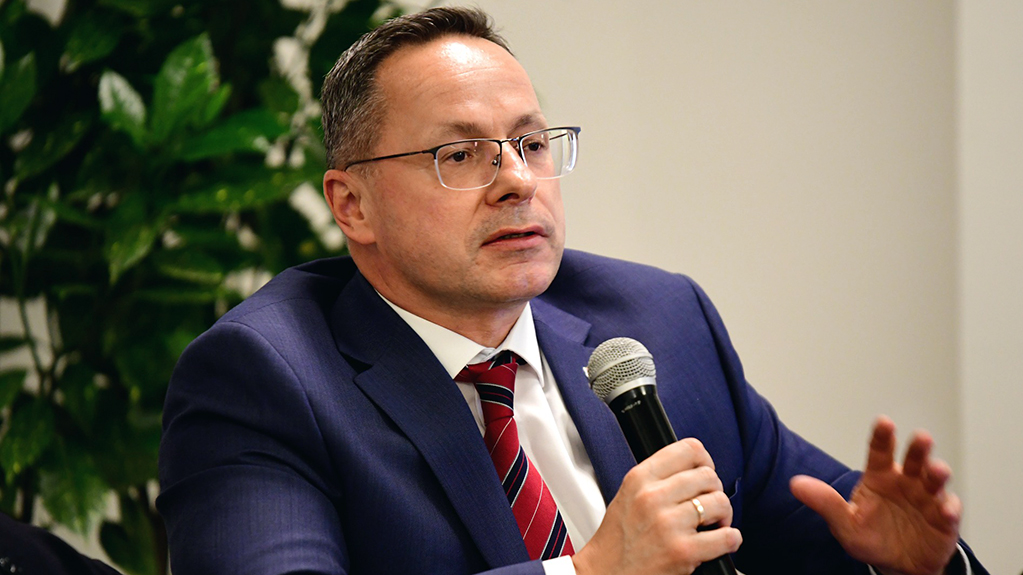According to the assessment of Zygimantas Pavilionis, the Vice-Speaker of the Lithuanian Parliament, joining the European Union is a major test for the country, and the Georgian Dream government is unable to pass it.
News
At a press conference held at the presidential administration, Pavlionis responded to a media question about the signal sent to the Georgian government by the fact that the European Council, which was supposed to discuss Georgia on November 8, "did not have time for it."
“That’s exactly the result of the Georgian Dream government – it’s falling behind the agenda. I remember coming here after the Rose Revolution, Georgia was a champion of integration to the EU and NATO. Now nobody has time to discuss it.
I was negotiating my own country’s membership. If you want to enter the EU, this is the biggest exam for the country you could have. This is not only the European Council, not Only European Commission, not only the European Parliament, this is each and each government, this is each and each parliament, even inside the parliament specific committees that have to vote “Yes”. The Georgian Government is not passing the exam.
Remember accession talks is an intergovernmental conference, one veto is enough to stop progress. So, when the Georgian Dream (whatever „dream“) is telling you that they will guarantee accession, they just lie," said Pavilionis.
The Lithuanian deputy emphasized that he and the deputies of seven other European countries in Georgia effectively represent the parliaments of 19 EU countries, whose members signed a joint critical statement after the October 26 elections.
According to Zygimantas Pavilionis, the decision of Shalva Papuashvili, Chairman of the Parliament of Georgia and one of the leaders of the Georgian Dream, to refuse to meet with them is "Soviet."
"It’s very Soviet because, you know, actually I noticed that the tendency already three or four years ago – whoever is criticizing the Georgian Government, he has no meetings. I’m coming here. I don't know how many times, for the last three years I didn't get those meetings, maybe with just a little exception with the deputy foreign minister I got, but usually, if you criticize, you are out. This is Soviet," said Pavlionis.
Chairpersons and members of the foreign relations committees from the parliaments of Germany, Finland, Sweden, France, Lithuania, Latvia, Estonia, and Poland are currently visiting Georgia. They were hosted by the President of Georgia, Salome Zurabishvili. However, Shalva Papuashvili, the Speaker of the Parliament, declined to meet with the delegation. He cited the "unfriendly attitude" of certain members, particularly Zygimantas Pavilionis, as the reason for his decision. Papuashvili accused them of "sowing disorder in the name of Europe," interfering in elections and disregarding Georgia's constitution.















